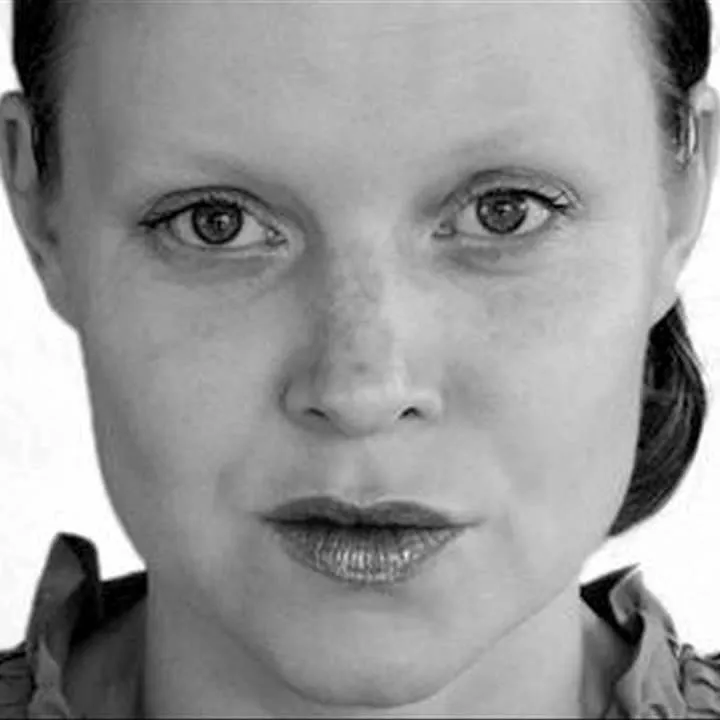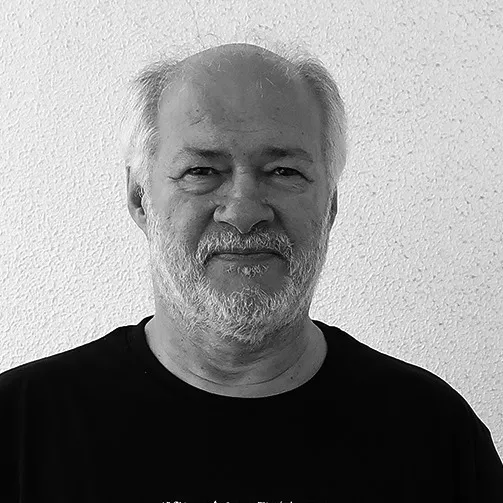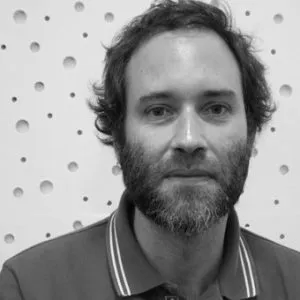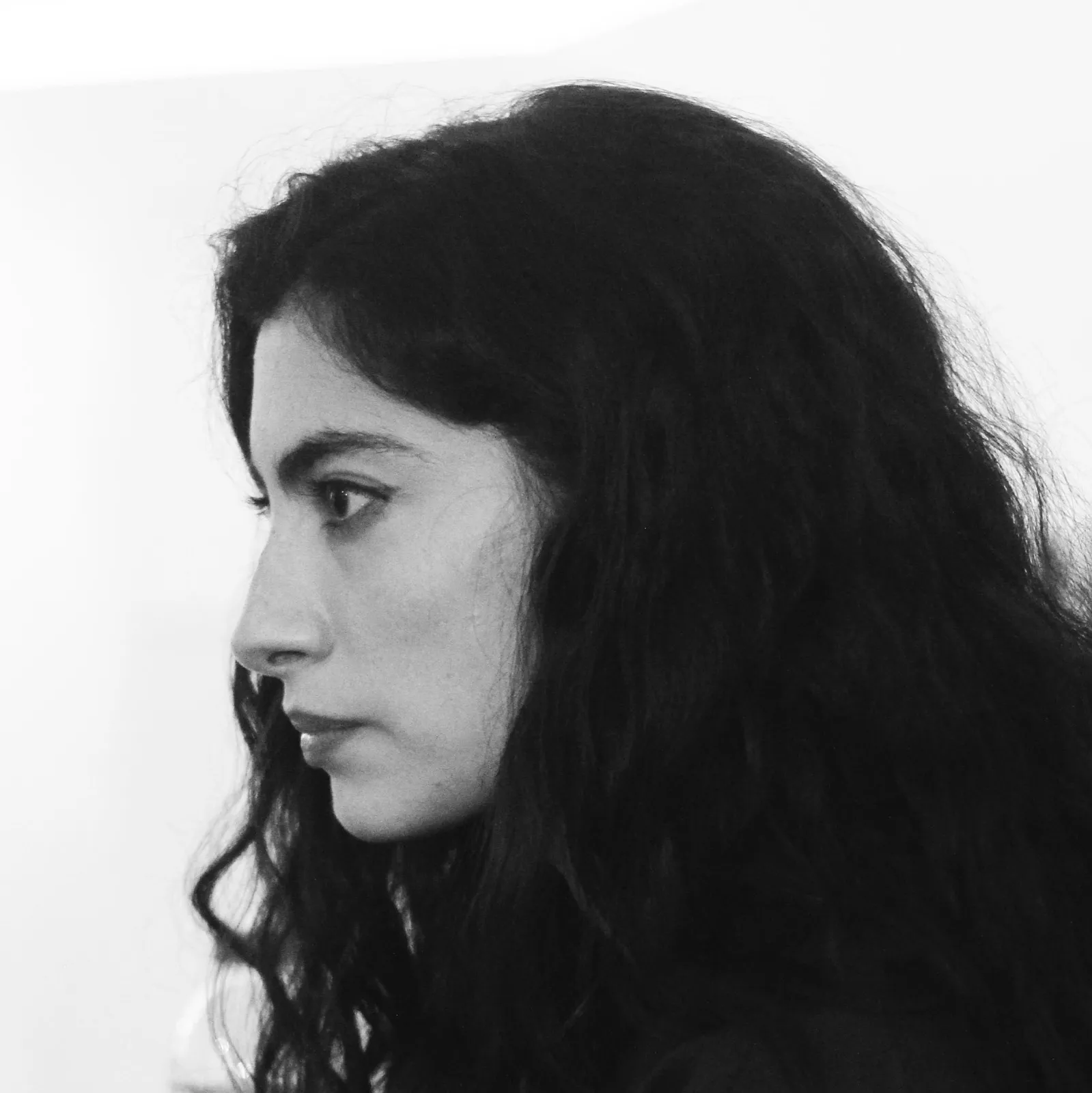We will call first thinking
the ‘thought-there’
Sylvain Lazarus.
The value of a thought is measured by its distance from the continuity of the familiar.
Adorno
whereas now prey is scarce
–
Lévy
Flight
still applies
Back in 2020 I wrote about the challenge we
faced in Poetry as Thoughtcrime, to summarize:
I was wrong. I didn’t
see far enough into the darkness.
I thought “The final
systemic replacement of humanity will be the AI breakthrough into creativity.
When machine intelligence conquers this uniquely human realm, the march to
monetarise your consciousness is complete. Companies like Google, Amazon and
Facebook aim to automate creation and reception. The hegemonic colonisation of
consciousness manipulates the authentic reader to irrelevance and makes the
writer redundant; what space is left? How will resistance be possible? Only the
declaration of poetry as thoughtcrime offers a resistant literary space. We are
we to create a praxis that can only be tamped down after its facticity has
manifest a change of moment unpredictable to digital simulation. The poem has
to become uniquely outside the poet’s own data set, the poem becomes the
thoughtcrime. Art has always laid claim to a capacity to change perception, but
now rather than Poetry ‘making it new’, the imperative is to first make the
writer new.”
Though I said my
theoretical solution would soon follow, I realised that that was me still
thinking like a curator, facilitating/appropriating other creativities, and so
my answer was held back to allow time
and space for me to apply it to my own practice. So now, I find myself at the explanation of the Search for
Method phase of thought:
In Search of Method is
a lie.
In Search of Method is
the conceit of sequential philosophers. Jean-Paul Sartre called his 1957
precursor to the ‘Critique of Dialectical Reason’: ‘Search for a Method’. The
Rules of Rene Descartes’ ‘Discourse on Method’ contain the most detailed
description of his method but, magically for the Search for Method, he never
completed it, and never refers to it in his subsequent published writings or correspondence. Alain Badiou’s ‘Logics of Worlds’ similarly pauses
before the launch, with the first step
- “Once we are in possession of a Greater Logic, of a completed theory
of worlds and objects, it is possible to examine on its own terms the question
of change, especially the question of radical change, or of the event”.
This then that. The
working out.
But they already knowing where
it will end: “we will adopt a method of maximal interiority to show from the outset
that which is only fully intelligible at the end”
– they/we are writing
backwards:
Peripheral like a
traditional refugee,
Contrary to Lettre à un otage - the catalyst is here not there.
In the original Base
people came, ate and went.
Some left Four
Temperaments but not Balanchine’s winter coat, So here:
“in geosocial space
that may assume many forms,”
The problem is clearly
stated and urgente:
You: the sum of all
your vinculum data.
“The issue – the
construction of something unconstructible – arises as much for a Leninist
revolutionary party as for an early Cubist painting, Schoenberg’s first
twelve-tone works, Galois’ theory, or Aeschylus’ invention of tragedy. In all
of these examples – actually, in every creation of a new truth – something is
produced that, precisely from the point of view of the established order, is
not constructible.”
Alain Badiou – The
Immanence of Truths
(more of which later)
 |
| 'peut-etre
le Messie' by Marton Koppany |



















